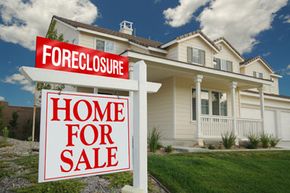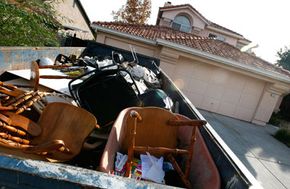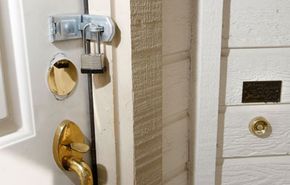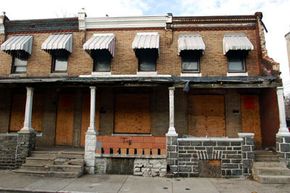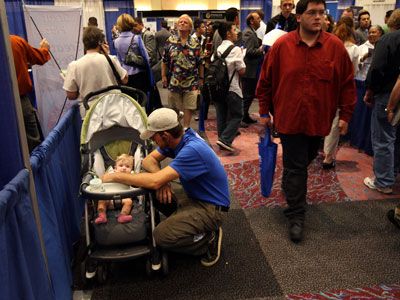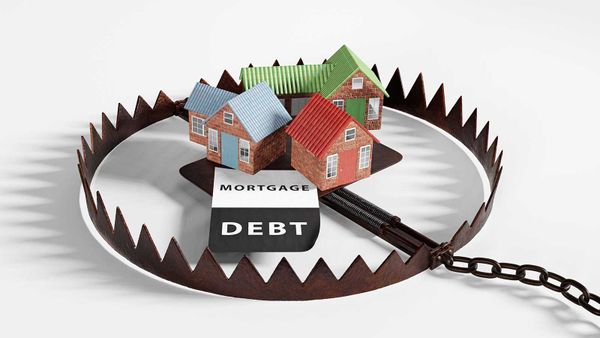You made smart decisions on the path to realizing your dream of homeownership. You prioritized your spending and saved enough money for a small down payment. Your mortgage broker was creative, accommodating and worked out a loan that fit your budget. You signed the closing papers, got the keys, moved in and settled into what you hoped would be a long stay in your home. Then the unthinkable happened. You got laid off from your job. Or maybe you or a family member had an accident that strained your finances. If you're in the National Guard, you may have gotten called into active duty, forcing you to close your business temporarily. Or perhaps your variable rate loan increased your monthly payments and your home didn't appreciate enough to refinance. All of these scenarios play out every day in real life, and the sad result can be foreclosure.
If you suddenly find that you can't afford to pay your monthly loan payment, your lender has the legal right to repossess your home and resell it to recoup the cost of the loan. Foreclosure is a legal course of action in which nobody really comes out on top. It's a stressful and unfortunate situation for the homeowner and lender alike. Many people remain in denial about their finances, making the situation worse. As unfortunate as the foreclosure process may be, there are things you can do to save your home if you're faced with it.
Advertisement
As the real estate bubble in the United States has begun to burst, the foreclosure rate has soared. The housing boom saw unparalleled growth from 2001 to 2005. Adjustable rate mortgages (ARMs) and subprime loans made buying a house possible for many people who never thought they had the money or credit to do so. ARMs have low initial rates that typically go much higher after the first year or two. Subprime loans allow people with poor credit to secure financing at high rates. Mortgage brokers used both of these methods to get loans secured, and many of the borrowers soon found out they couldn't afford their monthly payments.
Here are some startling foreclosure statistics in the United States, according to CNN Money:
- Nearly 1.3 million homes were foreclosed on in 2006.
- Colorado had the highest rate of foreclosure -- one out of every 376 houses.
- The total number of filings is up 43 percent from 2005.
- Real estate experts predict even more foreclosures in 2007.
Additionally, a recent poll shows that more than six in 10 homeowners wish they better understood the terms of their loan, and 60 percent of borrowers in mortgage trouble aren't aware of services that can help them avoid foreclosure [source: FDIC].
In this article, we'll look at the foreclosure process and help you understand the different types of foreclosure. We'll also let you know some steps you can take to avoid it and how it can affect you and your community.
Advertisement
